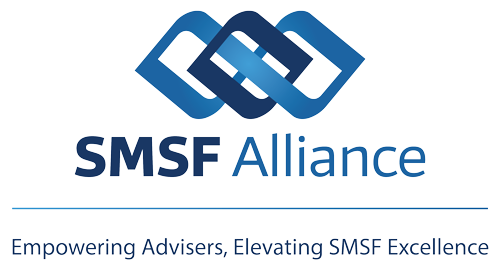If a fund increases in value for any non-investment related activity the increase will be a deemed contribution. Most commonly this occurs when an expense is paid on behalf of the fund without reimbursement or a fund asset is improved for no consideration. Where the action can be attributed directly to a member or their spouse it can easily be categorised. The member can choose whether the member contribution is non-concessional by default or concessional.
A problem may arise where the deemed contribution is sourced from an entity or individual other than the member or spouse. Such contributions will count towards the concessional caps of the member to which they are allocated and, though there is considerable discretion as to which member’s account is affected, there may still be unfortunate consequences if the concessional cap is breached or the member’s total super balance triggers a reduction in allowable non-concessional contributions.
Trustees should be urged to pay all fund expenses from the fund. Improvements raise other issues which will be the subject of another Snippet.


